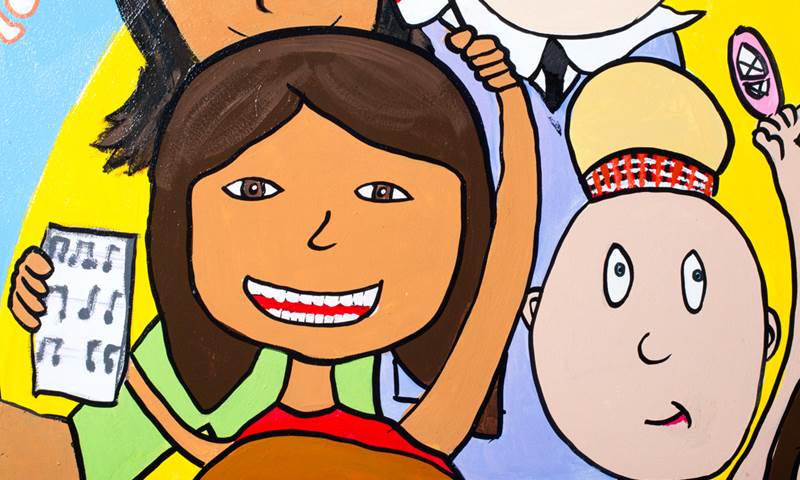Our website uses Cookies - by using this site or closing this message you're agreeing to our Terms & Conditions, Cookie Policy and Privacy Policy
xResearch on LBT+ exclusion across 21 countries
Date: 11th June 2020
Category:
Civil Rights and Freedoms

** PLEASE NOTE: This article discusses a global study completed by Stonewall whereby research into the experiences of only lesbians, bi women and trans people globally is conducted. Therefore, in order to accurately reflect the research completed by Stonewall, the initialism of LBT+ is used. Together recognises that despite the initialism used the world goes beyond lesbian, bisexual and transgender individuals and expands to other sexual orientations too. **
Research spanning 21 countries describes the many ways LBT+ communities face exclusion, discrimination and how their needs go unmet or ignored. This research focuses on five key issues taken from the Sustainable Development Goals, which are economic well-being, health, education, personal security and violence, and civic and political participation.
The aim of this research is to inform wide-ranging and meaningful change for LBT+ communities across country contexts, and on a national and international scale. From the 2,728 respondents, the research found a clear connection between discrimination against LBT+ communities and lack of access to decent work. The lack of access includes unemployment, as well as work that may be insecure, informal, unsafe, and/or poorly paid.
Findings show that due to stigma, discrimination, exclusion, patient abuse and neglect in healthcare settings, LBT+ communities are less likely to access healthcare when they need it.
The study found high levels of discrimination and violence against trans children and young people in schools. This was linked to the enforcement of binary gendered norms which are often violently enforced through bullying, shaming, and physical and sexual violence and typically involve the stigmatisation of difference (e.g. classing trans people as ‘mentally disturbed’, ‘abnormal’ and/or ‘unnatural’). An example of binary gendered norms is the idea that men and boys ought to be masculine, and women and girls ought to be feminine. Moreover, young people were found to be particularly at risk of efforts to ‘correct’ their sexual orientations and gender identities, through stereotyping and harmful views promoted by their families, communities, and societies.
Research affirmed high levels of violence against LBT+ communities. This violence is fuelled by a wide range of contributors across society, and committed by family members, partners, healthcare providers, faith leaders, and police. Violence and exclusion in family settings emerged as a strong theme within the research, with families often seen to be playing a strong role in enforcing ‘norms’, ‘correcting’ identity and expression, and being violent. High rates of sexual violence were also apparent, especially against bi women and trans communities.
Restrictive legal systems, violence, and gender inequalities within societies were shown to fuel low levels of civic and political participation overall for LBT+ communities, in a range of settings.
- Read the research in full here
